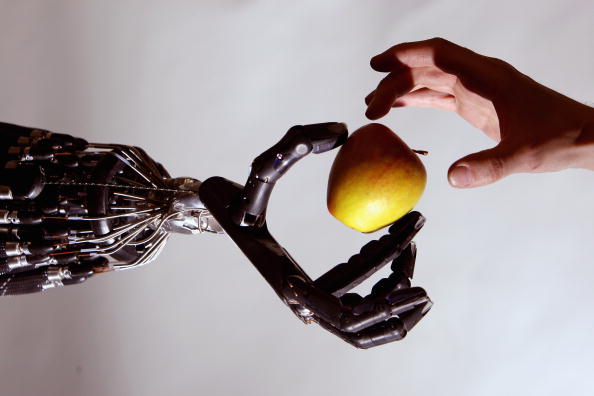DEBATE: Are MPs on right that UK firms need more robots?

Are MPs on the Beis committee right to say that British businesses have too few robots?
YES, says Chetan Dube, chief executive at IPsoft
Whether it’s a physical robot or digital colleague, MPs on the business, energy and industrial strategy (Beis) committee are absolutely right that UK businesses need to step up their automation efforts to succeed in the fourth industrial revolution.
A hybrid-workforce that automates repetitive and mundane tasks and augments work – so that human colleagues can focus on more complex, value-adding activities – is not just critical to keep pace with competitors; it is the only way to free up human capital to focus on innovation and creation that enables companies and nations to get ahead.
The current economic and political situation does little to inspire confidence for significant new investments. However, given that automation holds the key to greater productivity and more fulfilling work, it is of uttermost importance that the UK embraces artificial intelligence and repeats the history that once made it a leading nation in the first industrial revolution, by investing in new technology to stay ahead of the digital evolution.
NO, says Kevin Craig, chief executive and founder of communications agency PLMR
As we embark on the next frontier of technological revolution, it is imperative that we, as an economy and society, are mindful of the disruption and upheaval that automation will cause to millions of workers and businesses alike.
While it is right that the UK looks to the future and is ready to compete in the new global economy, business leaders and politicians must adopt a considered and incremental approach to the use of robots and automation in the workplace. That’s not to mention the vast capital expenditure associated with automation that many organisations are simply not yet in a position to afford.
It is encouraging that MPs, especially those on the business, energy and industrial strategy committee who published this report, are carefully examining the impact that automation will eventually have on the labour market, but the uncertainty caused by Brexit and global economic conditions is good reason for the UK to dip a cautious toe into the exciting world of automated workforces, rather than wholeheartedly diving in – for the time being, anyway.
Main image credit: Getty